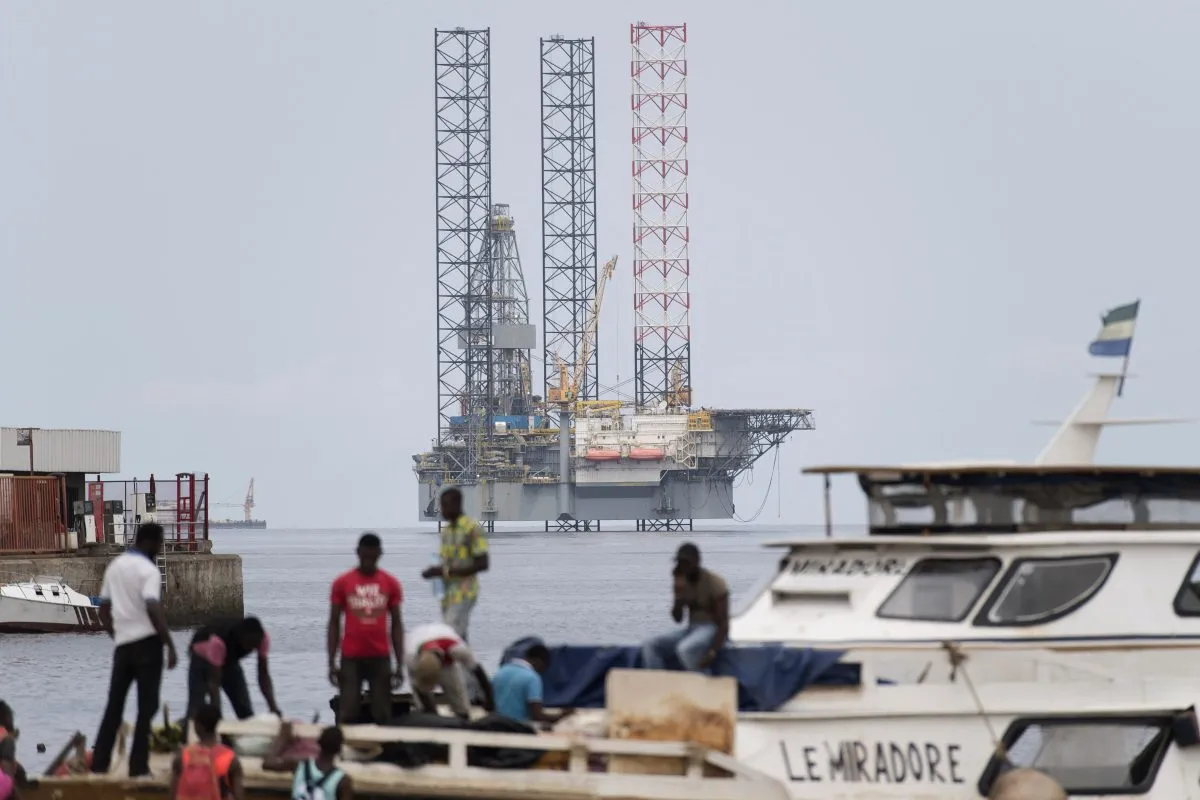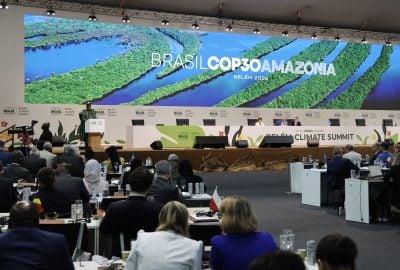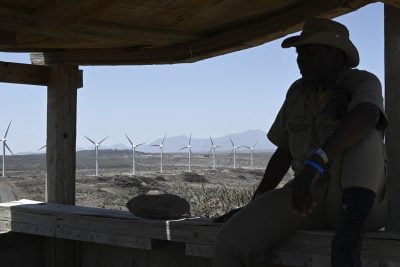Assala Energy, one of Gabon’s largest oil companies, has been through a tumultuous period. Its original owner, the US asset management giant Carlyle, agreed to sell the company to French oil firm Maurel & Prom in August 2023.
However, the state-owned Gabon Oil Company then jumped in to exercise its ‘right of pre-emption’ and acquire Assala, which produces around 20-25% of Gabon’s oil. The $1.3bn buyout was completed last June.
Despite questions over whether the GOC has the expertise to manage an oil exploration and production company, Assala Gabon’s managing director Edgar Mba Ognane tells African Business that the company’s fundamentals remain strong.
“What’s not changed is the DNA of the company,” he says. “We maintain a high standard of operation, because it was important to show that being owned by the national state did not downgrade anything in terms of compliance, governance, any sort of operating standard.”
Mba Ognane says the company’s current priority, alongside maximising production from its current operations, is to get oil flowing from its N’Gongui discovery. He is confident that Assala is on track to meet its ambition to begin production from the field next year. N’Gongui is set to eventually produce 15,000 barrels per day – which would amount to around 7% of Gabon’s current oil production of 210,000 barrels.
Meanwhile, Assala is looking for further discoveries across three onshore blocks where it holds exploration licences. Mba Ognane says that Assala’s recent acquisition of a drilling company, SMP, is a “game-changer” for its exploration efforts, and will also help the company increase production from its existing fields.
A key change since the GOC took control is that Assala is funding its activities from its own cashflow.
“We were told not to rely on RBL [reserve-based lending] loans to function, that we have to self-finance and self-fund,” says Mba Ognane. Yet he insists this financial discipline is not holding back future growth.
“We’re spending more capex than ever. We’re now a company that is looking at a much longer-term future,” he says.
A “listening ear” from the state
The right of pre-emption, which allows governments to step in and purchase oil and gas assets before they are sold by one company to another, is commonly included in contracts between governments and oil companies. However, these rights have very rarely been exercised in Africa.
Gabonese president Brice Oligui Nguema, who seized power in a coup two years ago, presented the acquisition of Assala through the state’s right of pre-emption as a victory for Gabon’s economic sovereignty. The state has a 25% direct share in the company, with the remaining 75% held by the state-owned GOC.
The acquisition was made possible, however, only because Swiss-headquartered commodity trading firm Gunvor provided a large part of the financing. Sources familiar with the deal told S&P Global Commodity Insights in June 2024 that Gunvor had provided $800m in financing for the transaction.
Mba Ognane insists that Gunvor has no shares in Assala, however. He clarifies that Gunvor only has a marketing contract with GOC to allow Gunvor to trade crude.
While Assala would still have to compete with several major international oil companies that are present in Gabon – including TotalEnergies and Perenco – for any new exploration licences, Mba Ognane says that the company can benefit from a “listening ear” from the state.
Under former president Ali Bongo, Gabon launched some efforts to plan for a post-oil future. His ‘Emerging Gabon’ plan, launched back in 2010, emphasised the need to grow other sectors such as agri-processing, forestry, tourism and high-tech services.
Mba Ognane, however, is sanguine about the role of the oil industry in Gabon’s economic future. He argues that oil production will need to continue to provide the revenues needed to enable a transition to occur.
“For Gabon to be able to successfully diversify the economy, they need the biggest contributor to the economy to be stable, to be performant – and then the other ones can take off”.
The sector accounts for around one-third of GDP, 40% of government revenues and more than two-thirds of export revenues, according to the IMF.
Want to continue reading? Subscribe today.
You've read all your free articles for this month! Subscribe now to enjoy full access to our content.
Digital Monthly
£8.00 / month
Receive full unlimited access to our articles, opinions, podcasts and more.
Digital Yearly
£70.00 / year
Our best value offer - save £26 and gain access to all of our digital content for an entire year!

 Sign in with Google
Sign in with Google 



